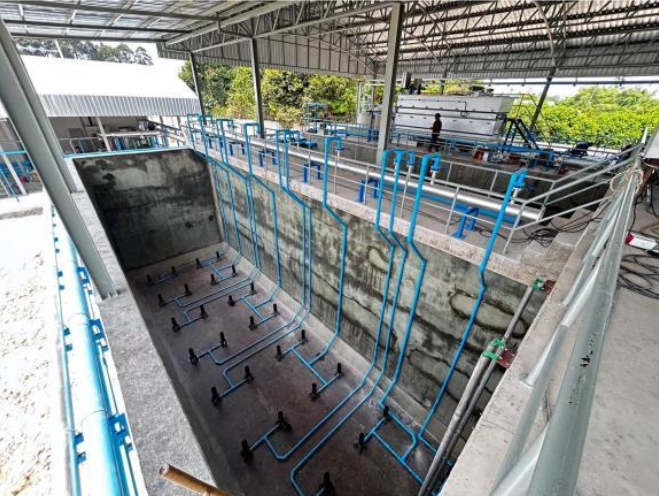As global attention on energy conservation and environmental protection grows, the demand for energy-efficient wastewater treatment has significantly increased across various industries. By selecting high-efficiency equipment and optimizing system operations, wastewater treatment plants can reduce operational costs while minimizing environmental impact. This article explores comprehensive energy-saving solutions from equipment selection to system optimization.
- Solid-Liquid Separation Equipment: Sludge dewatering is a critical step in wastewater treatment. Choosing energy-efficient solid-liquid separation equipment is the first step to achieving energy savings.
- Aeration Systems: The biological treatment phase consumes significant energy, primarily through aeration systems.
- Intelligent Monitoring and Control Equipment
- Process Optimization
- Water Resource Recovery and Reuse
- Efficient Storage and Transportation: During wastewater treatment, storage and transportation are critical. Using corrosion-resistant and efficient Glass-Fused-to-Steel Tanks (GFS) for storing wastewater or chemicals, along with energy-efficient sludge pumps, can reduce energy waste and equipment wear.
Energy conservation is a core goal of modern wastewater treatment. Every stage, from equipment selection to system optimization, significantly impacts overall energy consumption. For Thai enterprises, investing in efficient water system equipment and adopting intelligent monitoring and water recycling technologies can reduce operational costs and contribute to environmental protection. In an increasingly competitive market, energy-efficient wastewater treatment solutions will undoubtedly help Thai businesses maintain their competitive edge.


